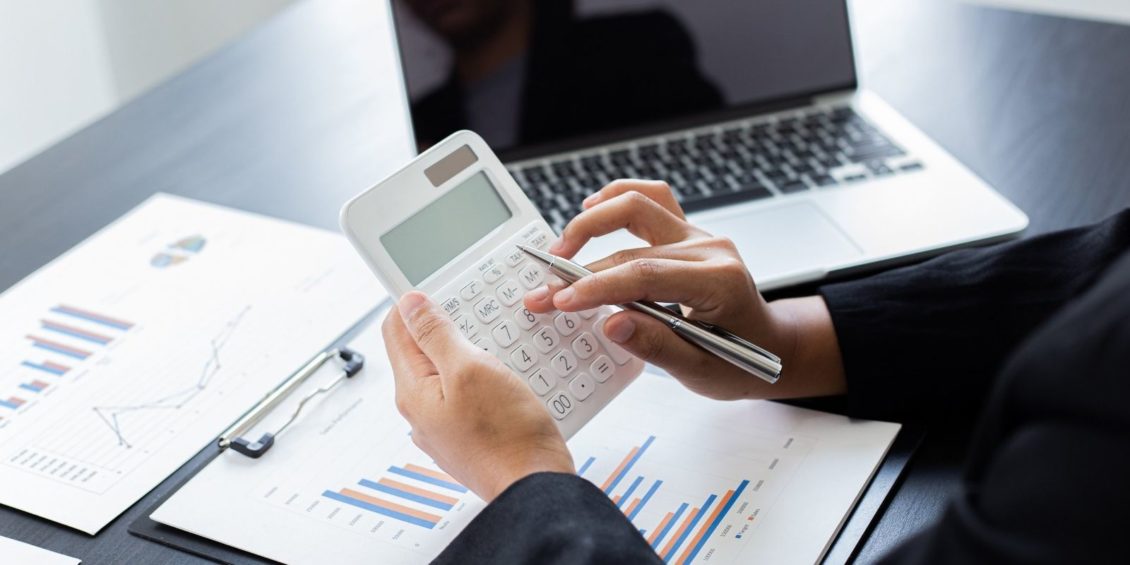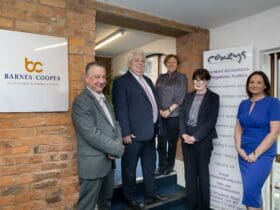Several small businesses tend to trade as a limited company since there are tax savings available although the taxes are less now with the introduction of new dividend tax. The Corporation Tax is a tax paid by all the limited companies on their profits. Profits include any money made by the business after expenses and overheads are deducted. Understanding how to calculate your company tax is quite essential to ensure you meet all the tax requirements. Here is a detailed guide on limited company tax:
Do You Have a 10-Digit Unique Taxpayer Reference?
The most important thing you need to have when you begin trading is a 10-digit Unique Taxpayer Reference. It is assigned when you register a limited company at the Companies House. In case you are not assigned this number yet, contact HMRC’s helpline. In case you set up your company before you intend to trade, or you want to register your company’s name, HMRC would know that your company is dormant. A dormant company is the one that does not need to complete a tax return. So, get the 10-digit Unique Taxpayer Reference first.
5-Steps to Calculate Your Corporation Tax
- Firstly, you need to create a profit and loss account for calculating your corporation tax. This must total all the income generated by our business along with any interest earned.
- Business expenses and overheads can be deducted from the trading income of the company to get to the profits made by the business. To ensure you pay no more taxthan required, you can seek services of a company accountant. He can help you claim allowable expenses and deductions from the income. However, as per HMRC, you can claim or deduct allowable expenses that are exclusively or wholly for business use.
- Capital allowances is another thing to consider here. These are the expenses incurred by your business for fixing assets that would be your business’ part for years. These include furniture, plant equipment, computing equipment and more. The value of your assets will depreciate over time. For small companies, the calculation of corporation tax, the capital purchases would qualify for a tax relief via Annual Investment Allowance.
- The costs regarding entertaining suppliers and clients, such as trips, sporting events, business lunches, free samples, and gifts etc. are not tax deductible. You can’t claim VAT or tax relief on entertainment costs.
- Let’s assume £1,800 was spent on the capital equipment during this year which depreciates at £600 per year for more than three years. Also, assume £1,000 was spent on the entertainment of clients. For calculating company tax, add back any depreciation and client entertainment costs to the profit before totaling accounts. Then, subtract the capital allowances to get to the profit value liable for corporation tax.
Your tax would be due at a rate of 19% on the profits in this scenario. Hence, divide the liable profit by 100 and multiply the sum by 19 to calculate the amount of corporation tax due. For more accurate calculations, hire a limited company accountant, and get to the precise tax value.









Leave a Reply
View Comments